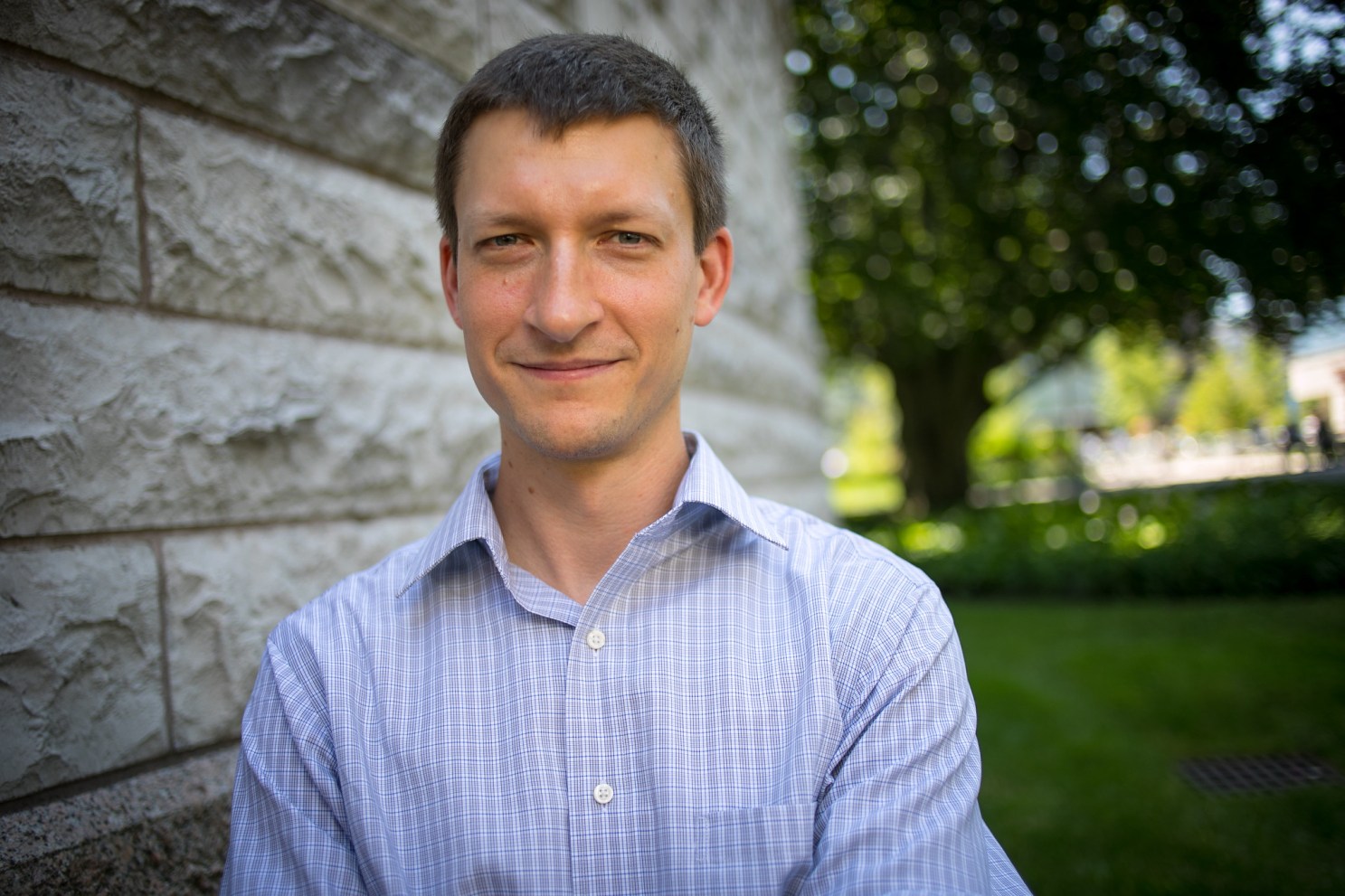Large and atomistic are not words that typically go together but the systems that Harvard John A. Paulson School of Engineering and Applied Sciences (SEAS) Professor Boris Kozinsky and his team are most interested in are both— large and complex systems composed of millions or even billions of atoms.
Understanding the dynamics of these systems — which can include the building blocks of viruses or the surfaces of catalytic materials — can lead to breakthroughs in drug development, green energy and chemistry, organic electronics and more. But simulating large-scale structures on the level of atoms typically requires massive computational power and there has always been a tradeoff between speed and accuracy.
Kozinsky, the Thomas D. Cabot Associate Professor of Computational Materials Science at SEAS, and his team are breaking down that tradeoff, pushing the boundaries of what is possible in atomistic simulations.
The researchers developed a neural network architecture that can both quickly perform these so-called molecular dynamics simulations and do so at unprecedented levels of complexity and with quantum accuracy. Named Allegro for its speed and precision, this neural network was able to capture the motion of millions of atoms several orders of magnitude faster than previous methods.
For this work, Kozinsky and his team have been named among the six finalists for the Gordon Bell Prize, the most prestigious award in the field of supercomputing, given annually by the Association for Computing Machinery (ACM). The winner will be named this November at The International Conference for High Performance Computing, Networking, Storage, and Analysis in Denver, CO.
The prize recognizes the most valuable scientific computation demonstrated using state-of-the-art software and hardware technologies on world-leading supercomputers. Allegro’s large-scale simulations were demonstrated on the Perlmutter supercomputer at the National Energy Research Scientific Computing Center of the United States Department of Energy.
The nominated team includes members of Kozinsky’s lab, the Harvard Materials Intelligence Research group: Albert Musaelian, Ph.D. ’23, Anders Johansson and Simon Batzner, Ph.D. ’23.





